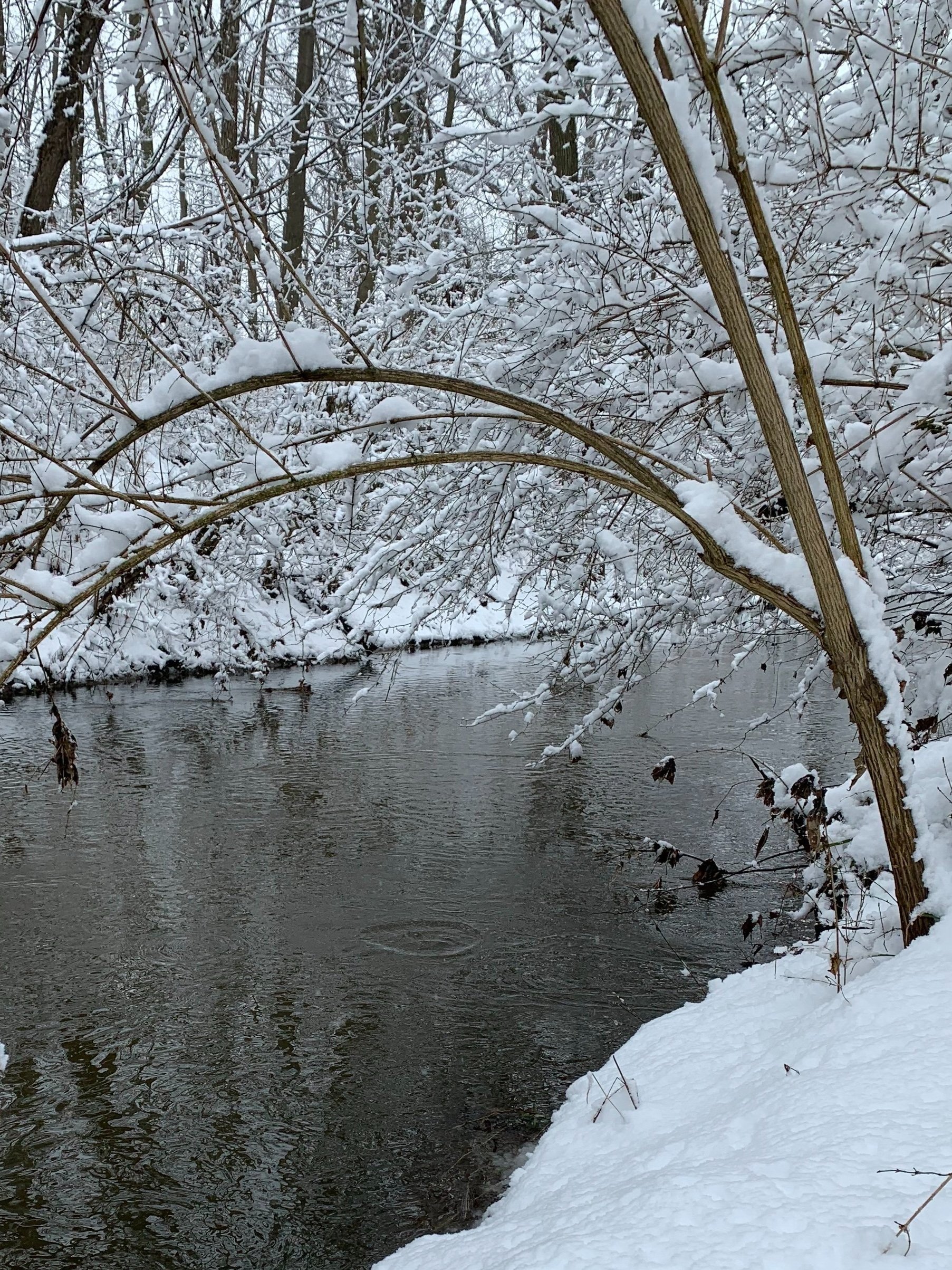Community Mini-Grant Spotlight: The Conservancy Initiative
Northville, MI
Testing PFAS in Johnson Creek and tributaries of the Rouge River
GLPAN’s 2023 Community Mini-Grants Program funding is starting to be put to use as grant awardees begin to work on their projects for 2024! Each month throughout the year, we will spotlight one of our 12 awardees and provide an update on their projects and how their work is moving the needle to address the toxic PFAS crisis in Michigan and across the Great Lakes.
This month, we are shining the spotlight on The Conservancy Initiative, which received GLPAN funding for its work in and around Northville, MI, and surrounding communities adjacent to the Arbor Hills landfill. In recent years, the landfill has been identified to be the source of toxic PFAS contamination found in nearby Johnson Creek – a tributary of the River Rouge and Wayne County’s only coldwater trout stream.
The Conservancy Initiative was established in 2015 amid growing concerns about the landfill’s impact on nearby residents, who continue to deal with bad odors, air pollution, and heavy truck traffic. The landfill is situated in Salem Township, just across the Washtenaw County border line, but disproportionately impacts Northville residents (who live in Wayne County). Michigan Attorney General Dana Nessel filed a lawsuit on behalf of the Michigan Department of Environment, Great Lakes and Energy (EGLE) against Arbor Hills in October 2020 for failing to comply with state and federal regulations and endangering public health and safety. The case resulted in a $2.3 million settlement and more rigorous inspection and monitoring requirements for Arbor Hills to be in compliance with landfill regulations.
However, The Conservancy Initiative discovered through Freedom of Information Act (FOIA) requests that the Arbor Hills landfill has continuously discharged stormwater containing PFOS above water quality standards. By testing water from Johnson Creek immediately downstream of the landfill, The Conservancy Initiative found high levels of PFAS chemicals coming from the landfill that had been previously unreported.
“As the only coldwater trout stream in the county, people have counted on the creek for fishing and recreation, but fish harvested from Johnson Creek were tested and found to have high levels of PFAS. The Conservancy Initiative has stepped up our focus on PFAS education, raising awareness in the community, and calling for action from the Michigan Department of Environment, Great Lakes and Energy (EGLE) to address the contamination and hold Arbor Hills accountable for their mess.” – Dave Drinan, Vice President of The Conservancy Initiative
The Conservancy Initiative is concerned about the impacts the contamination in Johnson Creek will have on communities downstream – the creek flows into the River Rouge, which empties into the Detroit River, the source of many communities’ drinking water in Southeast Michigan.
With the help of GLPAN’s Mini-Grant funding, the Conservancy Initiative is focused this year on expanding its PFAS education and awareness efforts in Northville and neighboring communities to help residents and legislators understand the dangers and create a chorus of voices calling for action. The funding will help the group continue its testing efforts in Johnson Creek, which have already revealed PFOS at levels as high as 50 parts per trillion (ppt), which far exceeds Michigan’s Water Quality Standards for surface waters of 12 ppt for PFOS.
The Conservancy Initiative is a great example of impacted community members taking action to address PFAS contamination, especially when corporate polluters and state regulators are dragging their feet. We look forward to seeing how their work makes an impact in Northville throughout 2024!



